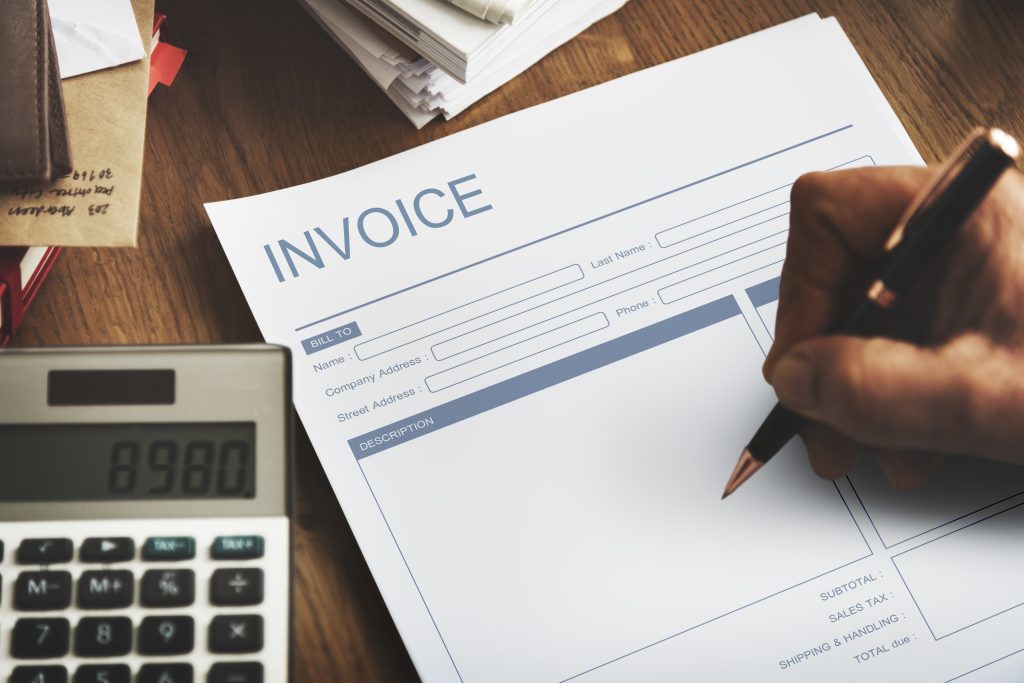The United Arab Emirates is preparing for one of its most transformative tax compliance shifts: the mandatory adoption of e-invoicing by July 2026. This move will require all businesses to issue electronic invoices and report them in real time to the Federal Tax Authority (FTA).
The goal is clear to create a digitally integrated, transparent, and secure invoicing system that enhances the accuracy of tax reporting and minimizes human error.

While some large enterprises have already integrated e-invoicing into their operations, the majority of businesses, especially small and medium enterprises (SMEs) still rely on paper-based or PDF billing systems. With the 2026 mandate on the horizon, regulatory authorities strongly advise companies not to delay.
This is especially important given the lessons learned from the corporate tax rollout, where widespread delays led to fines and rushed implementations.
Why E-Invoicing Is a Game-Changer
At its core, e-invoicing eliminates manual paperwork and the inefficiencies associated with traditional invoicing methods. In doing so, it enhances not only operational productivity but also the integrity of the UAE’s tax system.
According to the Ministry of Finance (MoF), the implementation of e-invoicing will:
- Reduce human intervention in billing and reporting processes
- Improve transparency across all commercial transactions
- Standardize data formats to ensure accuracy and consistency
- Strengthen the country’s digital tax infrastructure
These benefits extend far beyond administrative ease. As Nimish Goel, GCC Leader at Dhruva Consultants, explains, one of the most significant advantages is the streamlined reconciliation of VAT input credits.
With digital, standardized invoices, businesses and the FTA can validate VAT filings more accurately and efficiently, reducing the risk of errors and disputes.
E-invoicing also improves cash flow visibility. Businesses will be better equipped to monitor incoming and outgoing payments in real time, leading to more accurate forecasting and financial planning.
Sumayya Zain, founder of Hallmark International, adds that it simplifies tax compliance and may even expedite VAT refunds, since the FTA will already have immediate access to invoice data.
Furthermore, with all invoices being securely stored by the FTA, audit preparedness improves drastically. Businesses will no longer need to maintain extensive paper archives, as every transaction will be digitally documented and retrievable.
The Implementation Timeline: What to Expect
To ensure a smooth transition, the UAE has adopted a phased rollout strategy for the e-invoicing system:
- 2024 – 2025: The groundwork is being laid. The MoF will finalize the e-invoicing regulations, establish technical standards, and begin accrediting service providers. Pilot testing may begin with select businesses.
- Late 2025: The government is expected to publish the official list of Accredited Service Providers (ASPs). Only these approved platforms can be used to issue and receive e-invoices under the new system.
- Mid-2026: Phase 1 of mandatory e-invoicing begins, targeting large enterprises and high-volume taxpayers.
Subsequent phases will gradually include SMEs and non-VAT-registered businesses. The aim is to give all segments sufficient time to adapt, mirroring successful e-invoicing models from other GCC countries.
How E-Invoicing Will Work
Under the new mandate, all invoices must:
- Be issued electronically in a structured digital format (likely XML)
- Include standardized data as outlined in the UAE’s E-Invoicing Data Dictionary
- Be submitted in real time to the FTA
- Be issued and received through an accredited e-invoicing platform (ASP)
Invoices not generated through these accredited platforms or lacking required data fields will not be considered valid for tax purposes.
This system will follow a Continuous Transaction Control (CTC) model. Instead of waiting for periodic VAT return filings, the FTA will receive transactional data as it happens.
This ensures real-time visibility, reduces audit friction, and enhances tax enforcement.
Immediate Action Points for UAE Businesses
To prepare for compliance and avoid last-minute disruptions, businesses are encouraged to take the following steps now:
- Assess Current Systems
Review existing billing, accounting, and ERP systems to determine whether they can support e-invoicing functionalities. - Form a Cross-Functional Task Force
Bring together key stakeholders from finance, IT, tax, and operations to manage the transition and ensure alignment across departments. - Identify Compliance Gaps
Compare your current invoice formats and data points with the fields required by the MoF’s Data Dictionary. Look for missing data, non-standard formats, or processes that require updates. - Engage with Technology Providers
Begin consultations with potential ASPs. Integration and testing may take time, and early engagement will ensure a smoother rollout. - Train Internal Teams
Educate staff across departments on the new e-invoicing process. This includes how to issue, receive, and reconcile electronic invoices and respond to system-generated validations or rejections. - Plan for Integration Testing
Run pilot tests ahead of the mandate. Validate data flow, check for format errors, and ensure your system’s interoperability with the FTA and chosen ASP.
The MoF’s Strategic Objectives
Beyond operational improvements, the e-invoicing initiative is part of the UAE’s broader economic strategy. The Ministry of Finance has outlined several goals tied to the digital transformation of tax administration:
- Enhance VAT revenue collection, which has been a critical source of national revenue since VAT’s introduction in 2018
- Minimize VAT leakage, whether due to error, fraud, or deliberate misreporting
- Improve fiscal transparency and accountability, both locally and in cross-border transactions
- Reduce invoice processing costs — in some jurisdictions, digital invoicing has slashed costs by over 60%
- Promote the UAE’s image as a globally competitive and digitally advanced economy
The MoF also emphasizes the security advantages of e-invoicing. Each transaction is encrypted, digitally signed, and transmitted via secure protocols, reducing the risk of fraud, duplication, or unauthorized edits.
Looking Ahead
The UAE’s shift to mandatory e-invoicing represents a pivotal evolution in the country’s financial and compliance ecosystem. While the 2026 mandate may seem distant, the work required to prepare is both technical and operational in nature — and it demands time.
Businesses that begin preparing now will benefit from:
- Greater operational efficiency
- Reduced compliance risk
- Faster VAT recovery
- Stronger digital infrastructure
- Enhanced credibility with international partners
Delaying this transition could result in non-compliance penalties, data mismatches, and operational bottlenecks when the system goes live. As seen during the UAE’s corporate tax rollout, last-minute compliance efforts can lead to avoidable costs and inefficiencies.
By acting early, businesses can take advantage of this change — not only to meet government regulations but to modernize and future-proof their operations in a digitally driven economy.


